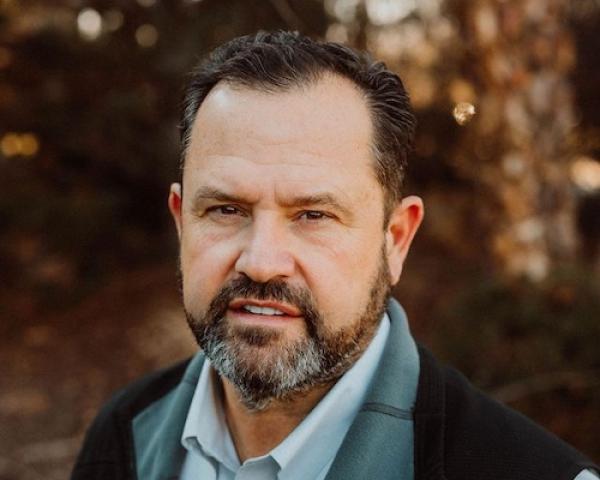In today's unpredictable economic climate, business owners are forced to confront many significant challenges—not just managing day-to-day operations of their company. Most are also defending their businesses against significant financial uncertainty due to numerous economic pressures. One of the most pressing concerns, especially for small and mid-size businesses, is the announcement of tariffs and their ripple effect across the U.S. economy.
Recent announcements regarding tariffs on imports—particularly in sectors like automotive, manufacturing, and consumer goods—have brought to the surface an all-too-familiar concern for American entrepreneurs. While tariffs are often positioned politically as a long-term strategic move to level the global economic playing field, the short-term and mid-term consequences disproportionately affect small business owners with limited financial resources and risk mitigation tools. That is to say, traditional insurance won't cover the losses—but alternatives exist.
A salvage yard owner in Boise, Idaho, has expressed how tariff policies have already begun affecting his ability to source and price used car parts for his business. The cost increases weren't hypothetical for him; they were showing up on invoices and cutting into his small business' profits. Like many others in his position, this business owner isn't looking for shortcuts or interested in shortchanging his customers due to his increased costs. He is merely looking for a way to keep doing honest work without being financially blindsided by decisions made far beyond his control.
We need to recognize the impact of tariffs and the lack of tailored and affordable insurance policies to cover the very real risks these small business owners face. Small business owners are tired of being left vulnerable to the kind of political risks they can't predict, foresee or influence—like sudden political policy changes or rising material costs due to global economic uncertainty. Small business owners are seeking smarter ways to build long-term resilience through tools Congress introduced back in 1986.
One of these tools is an 831(b) Plan, or micro captive insurance, found in Section 831(b) of the Tax Code. Micro captive insurance allows small business owners to set aside funds in a formalized, compliant way—reserves that can be used when unexpected damages occur. A micro captive cannot stop a tariff from going into effect; however, it can help provide a cushion when the fallout affects a small business owner's ability to do business.
For most business owners, there's never a "good" time to plan for unexpected challenges. Small businesses are focused on keeping people employed, customers happy, and operations moving. But these last few years have shown us that risk doesn't wait for the right time. Tariffs might be positioned as an intelligent political long game, but they are hurting small businesses today.
Small business owners deserve access to tools that work in the real world where payroll is due Friday and margins are tight. A micro captive isn't a one-size-fits-all solution, but it can offer some breathing room the next time the economic ground shifts unexpectedly.
We don't know how long tariff tensions will last. But we do know this: Reacting to risk in real time is stressful. Planning for it in advance is empowering. Tariffs may be part of a broader strategic game, but your business doesn't have to be the pawn.






